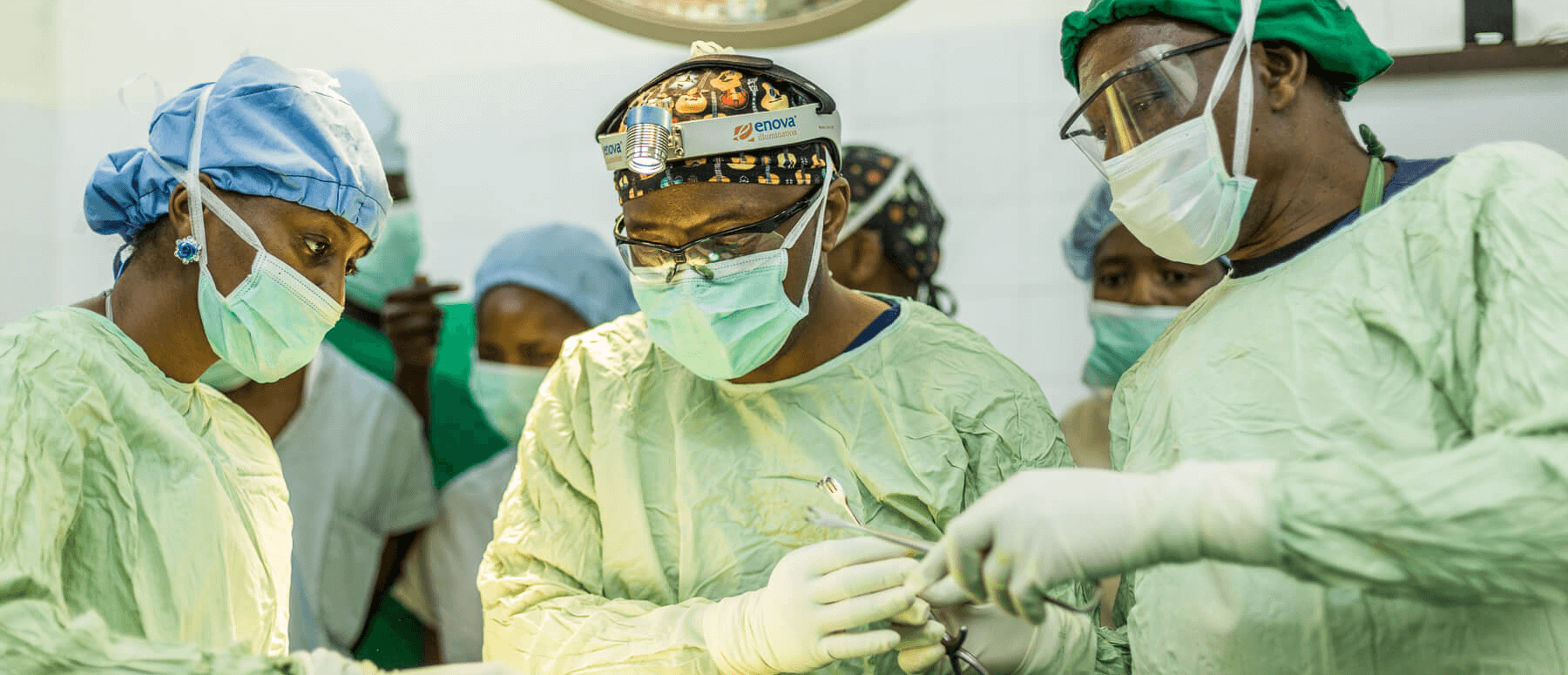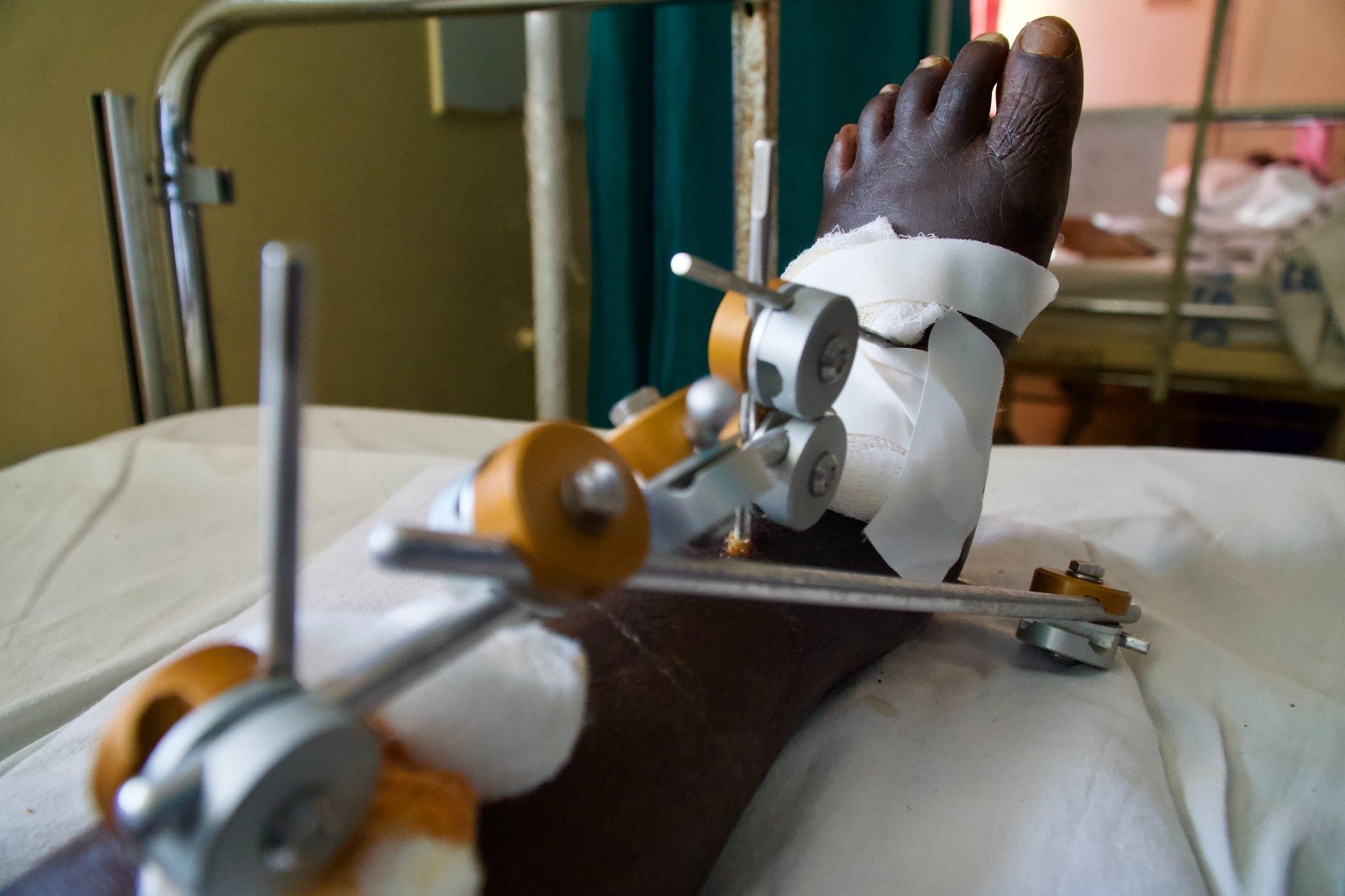
Why
Surgical
Care?
Closing the biggest neglected gap in global health to save lives
The Surgical Care Gap
5 Billion Without Access
For 5 billion people, access to safe, timely, and affordable surgical care is a distant hope, not a reality.
As a result, over 17 million die from surgically treatable or preventable conditions each year—more than the combined deaths caused by HIV/AIDS, malaria, tuberculosis, and injury.
The effects are widespread. Families lose their ability to earn a living, sinking deeper into poverty. Communities are held back, unable to flourish. Fragile health systems struggle to provide care people desperately need.
A story from the field
“Late one night, a 29-year-old mother of two was carried into the emergency department of our hospital. At that point, the group had already travelled for two days from another, more remote hospital in the Himalayan foothills…”
The Cost of Inaction: Why Surgical Care Matters
Surgical care is life-saving and life-changing, yet it remains underfunded.
While 30% of global health conditions require surgery, less than 1% of global health funding goes to surgical care. This huge gap is one we can—and must—close.
17M
people die every year
from conditions that could easily be treated with surgery
143M
more surgeries are needed
every year in low- and middle-income countries to save lives and prevent life-long disability
$12T
lost potential economic growth
in low- and middle-income countries from unmet surgical care by 2030
Surgical capacity is an essential part of universal health coverage.
Dr. Tedros Adhanom Ghebreyesus
WHO Director-General
Surgical Care Explained
Surgical care is an essential part of healthcare, offering vital treatments for people who need surgery—before, during, and after an operation.
It includes assessing patients, ensuring safe anaesthesia, performing surgery, and supporting recovery.
A team of surgeons, anaesthesiologists, and nurses work together to treat conditions, such as injuries, infections, pregnancy complications, cancers, and more.
Surgical care not only saves lives and restores health, but also strengthens families and communities.
Two Crises: Cancer and Maternal Health
There is no cancer care and maternal health care without surgical care.
In low- and middle-income countries, surgical care is often the difference between life and death.
65-80%
of newly diagnosed cancers
will need surgical care (anaesthesia, surgery and recovery) by 2030
100x
more likely to die from caesarean sections
women in low- and middle-income countries compared to women in high-income countries
4x
more likely to die from breast cancer
women in low- and middle-income countries compared to women in high-income countries

Photo © Africa Mission Healthcare
How We Close the Surgical Care Gap
Closing the surgical care gap is possible.
Through SURGfund, the only catalytic fund for surgical care, we support programmes and projects that save lives and strengthen health systems.
Our Approach
SURGfund pools funds from government, philanthropy, and the private sector to build:
Local leadership
We empower local leaders with expert guidance and catalytic funding to help them improve surgical care where it’s needed most.
Collaborative partnerships
We build global partnerships and work with existing healthcare initiatives to reduce silos and strengthen health systems.
Scalability and impact
We scale successful projects and measure their impact to drive positive outcomes for people in low- and middle-income countries.
Our Focus
We support capacity-building projects driving meaningful change in four key areas.
Maternal Health
Saving Lives at Birth
Children’s Surgery
Preventing Lifelong Disability
Trauma Surgery
Transforming Pain into Strength
Cancer Surgery
Giving People New Hope
Lives saved, disabilities prevented—this is our commitment and impact for the most vulnerable.
Dr. Phumzile Mlambo-Ngcuka
GSF Board Member | Former UN Under-Secretary-General and Executive Director of UN Women | Former Deputy-President of South Africa
Partner With Us
Together, we can:
Save lives and prevent disability
Strengthen health systems
Empower local leaders
Train healthcare workers
Advocate for closing the surgical care gap

















